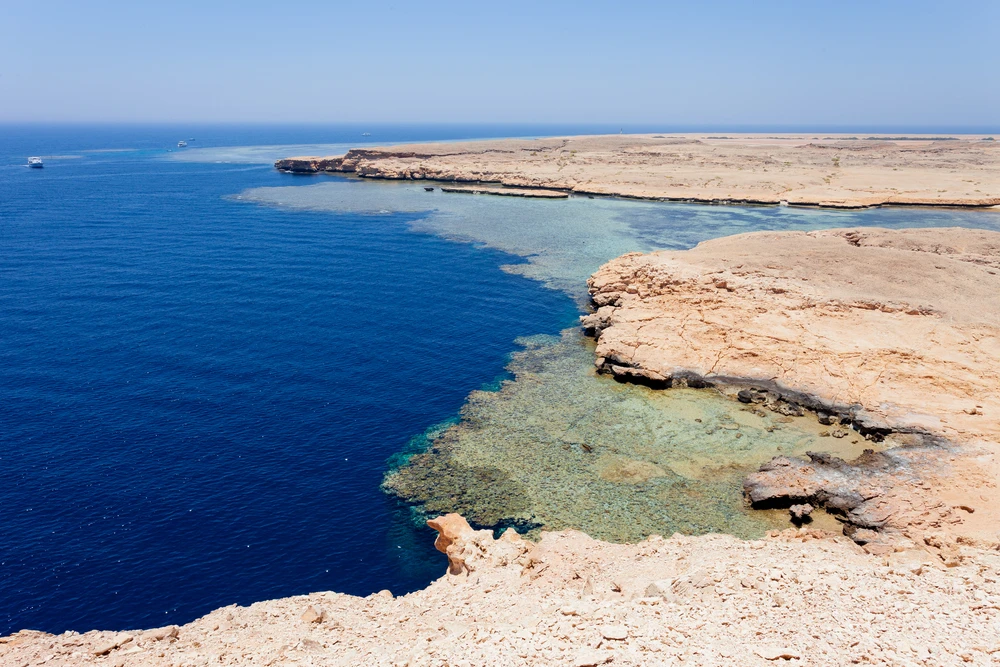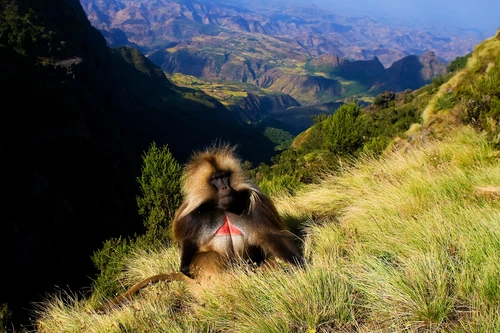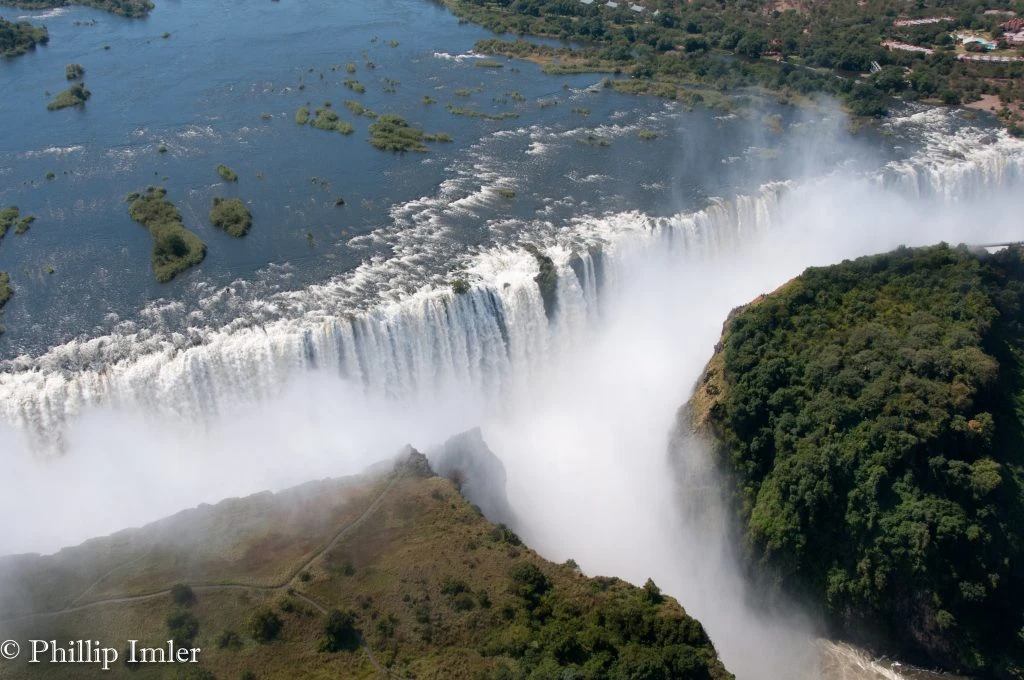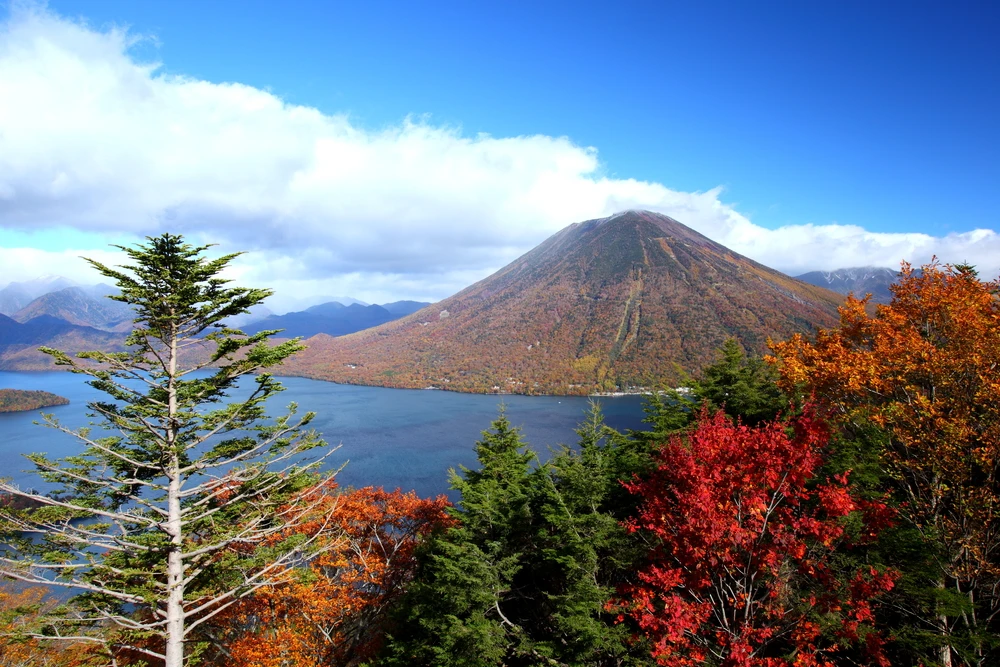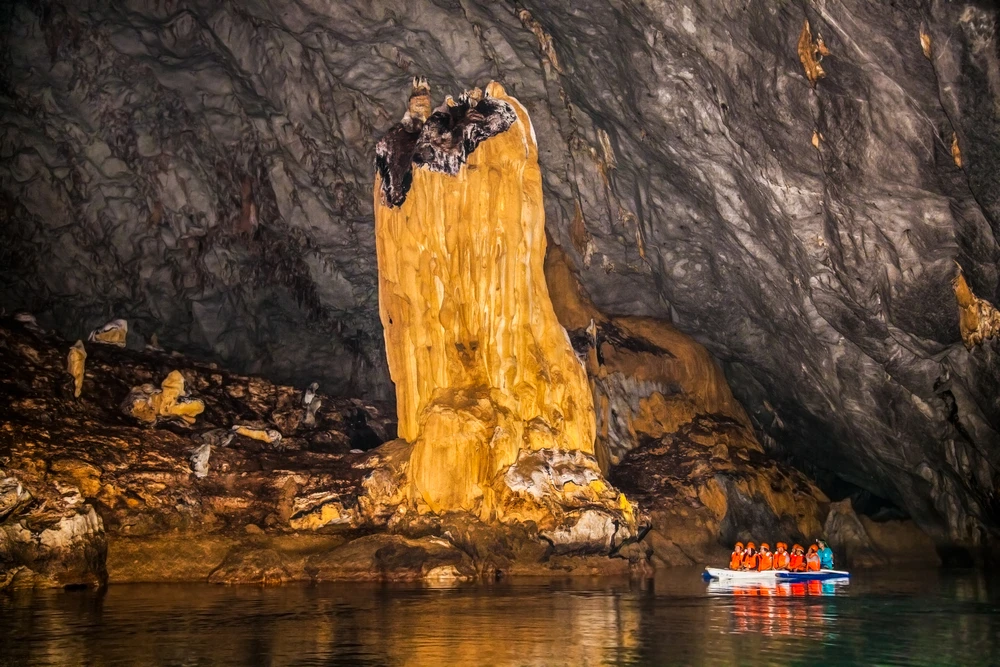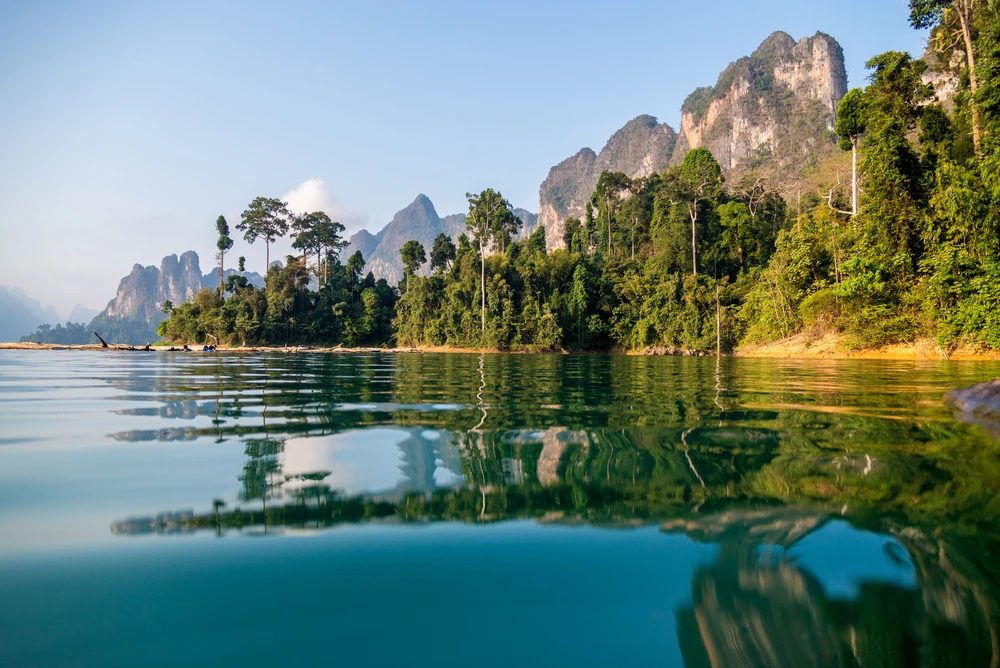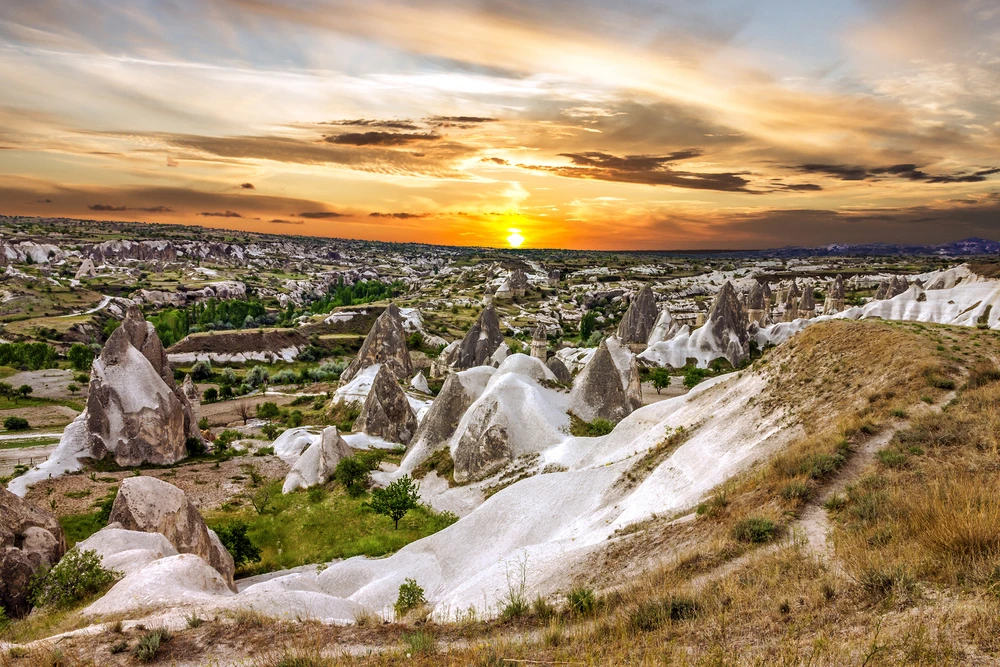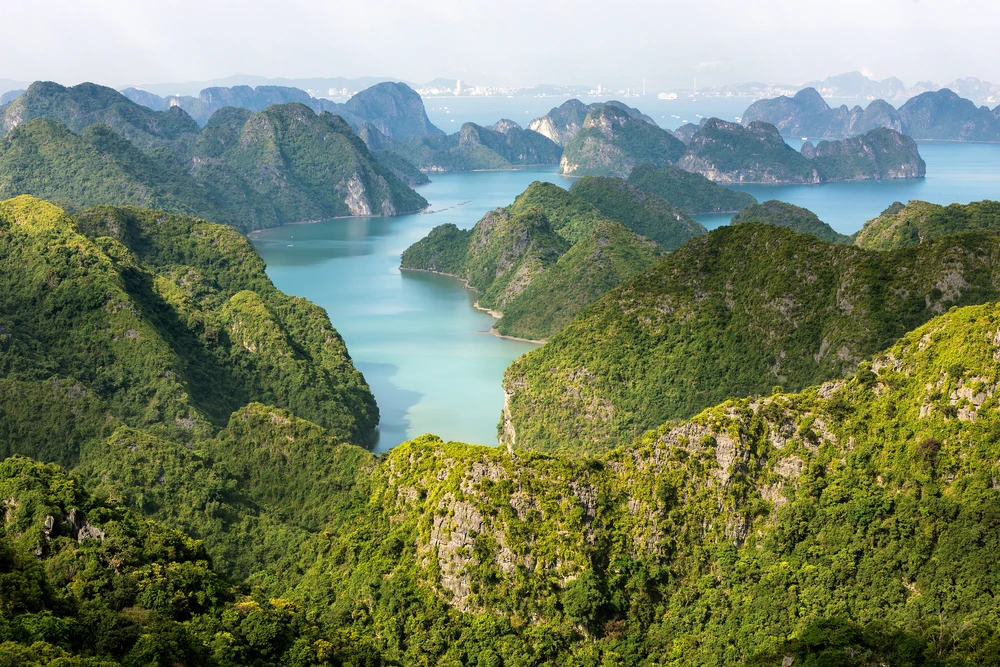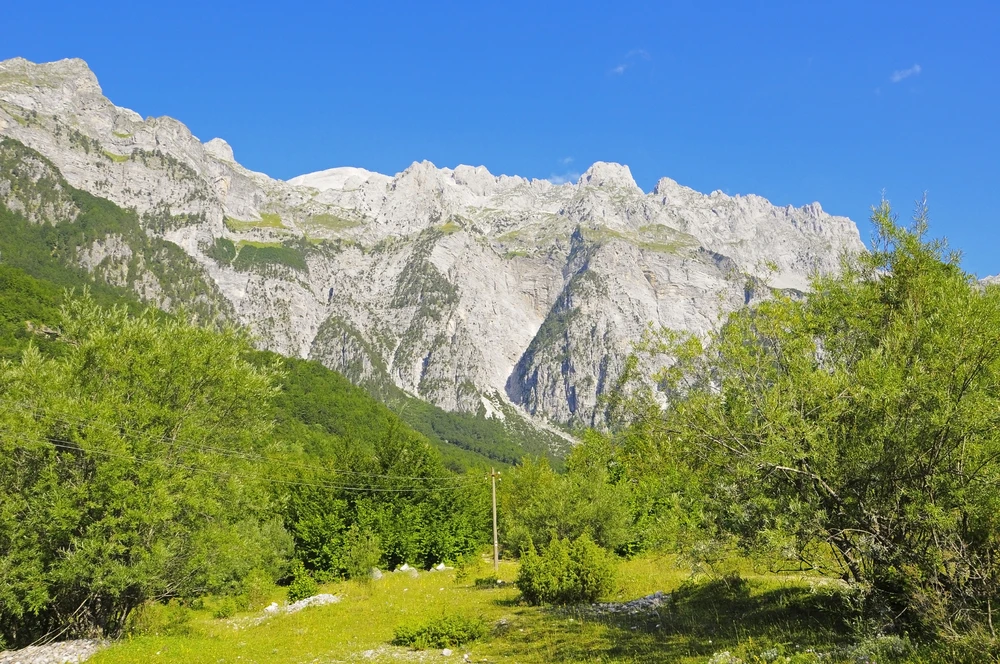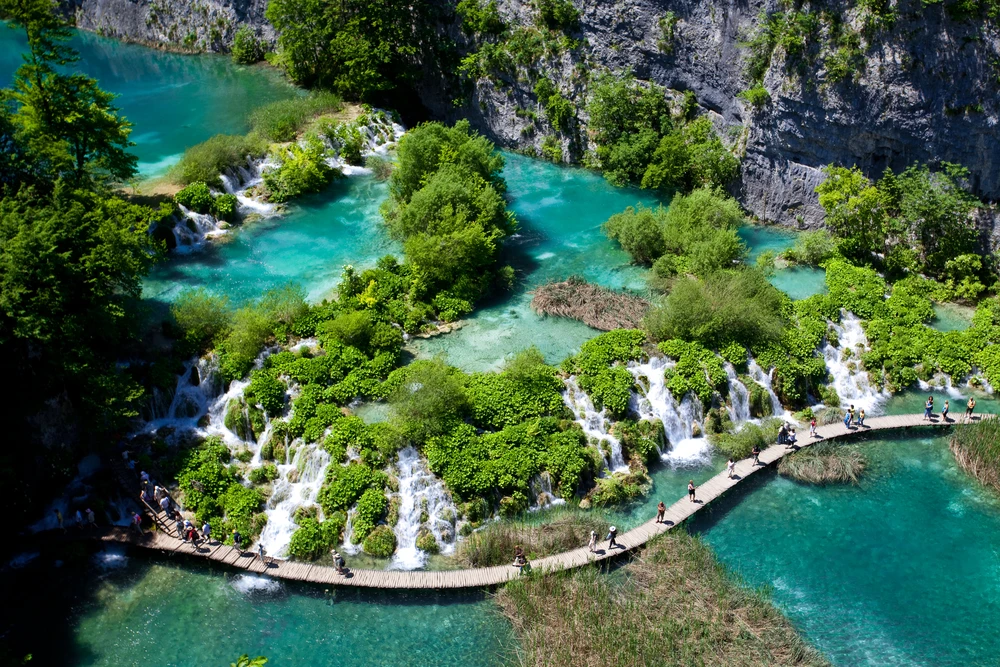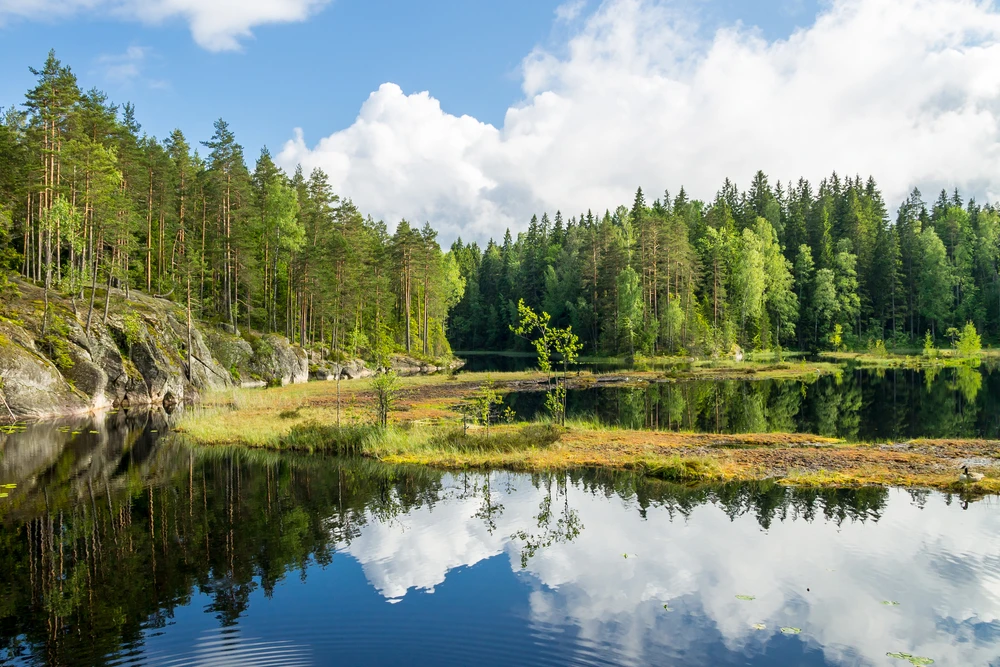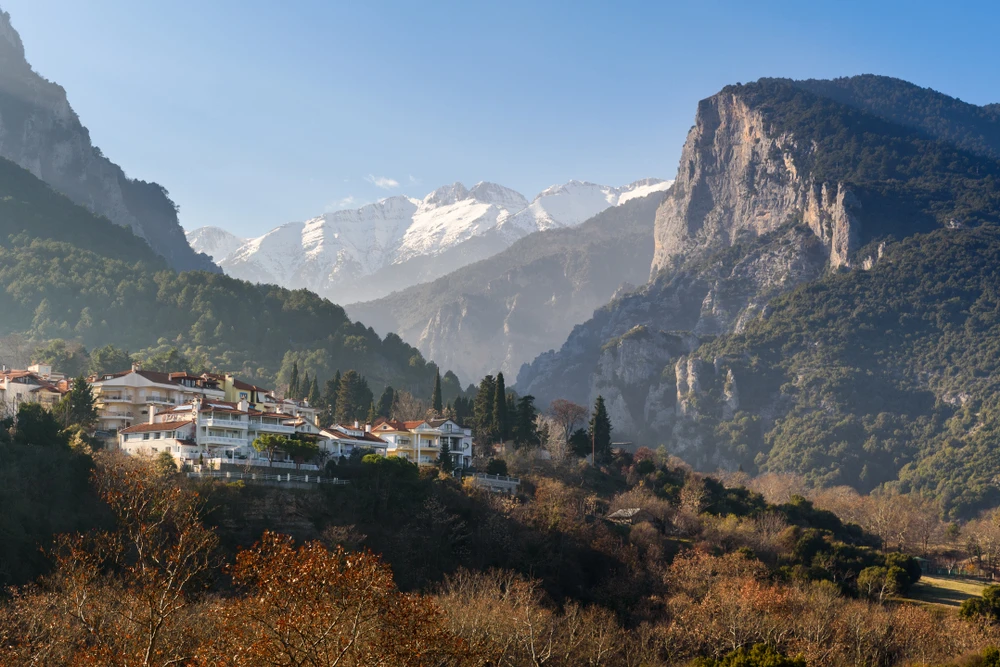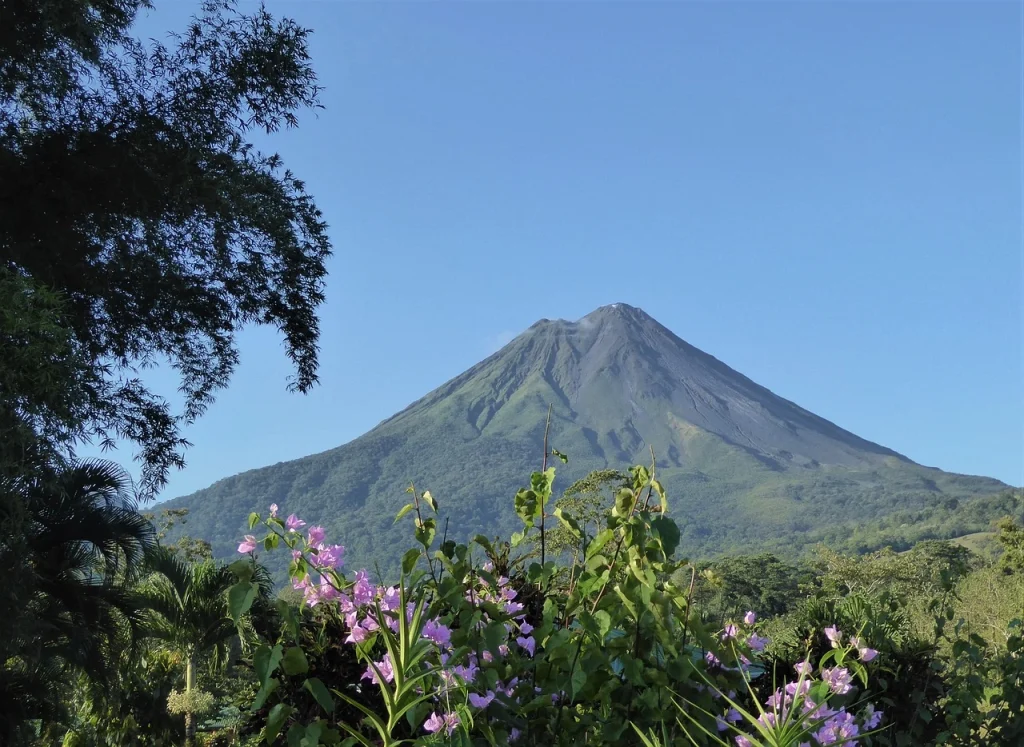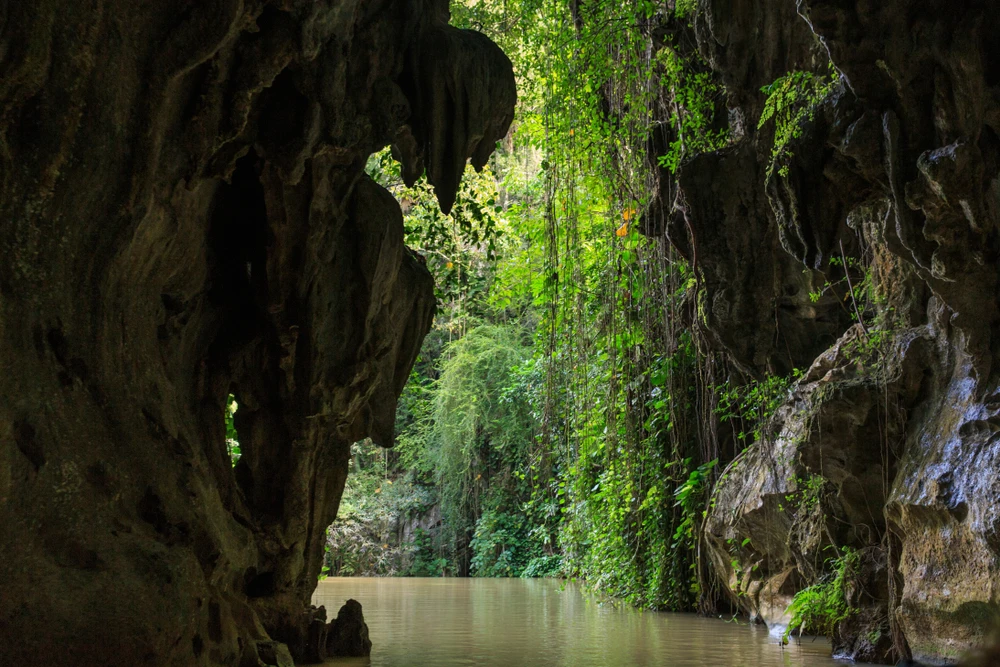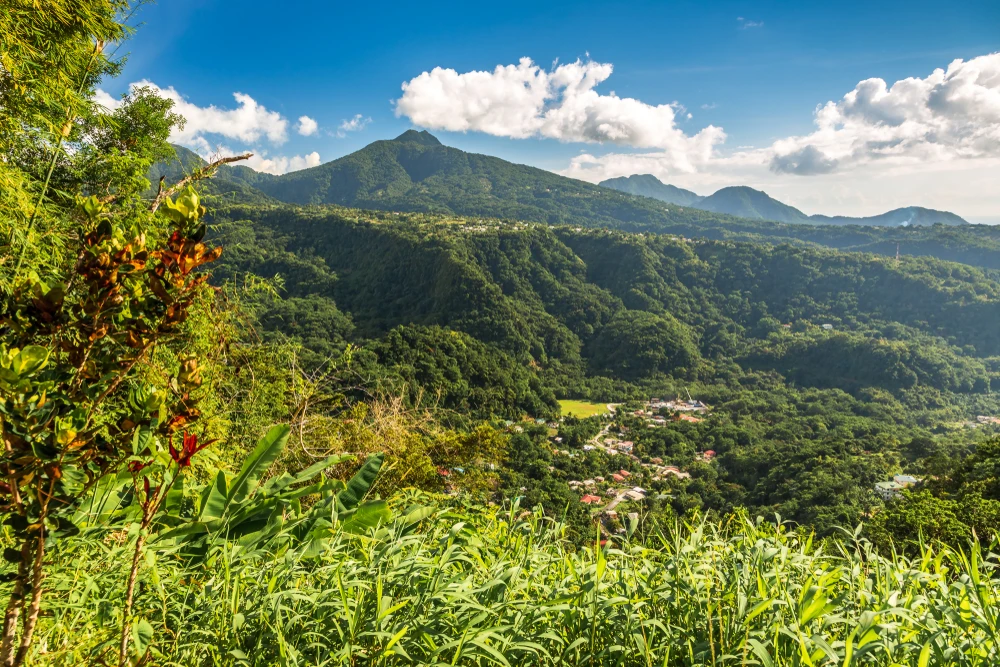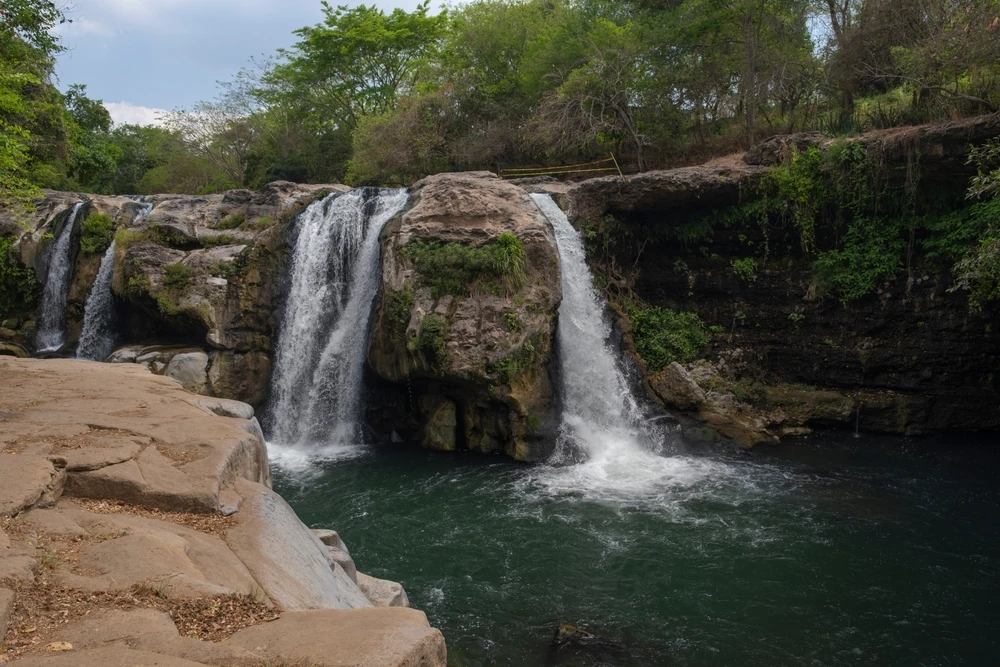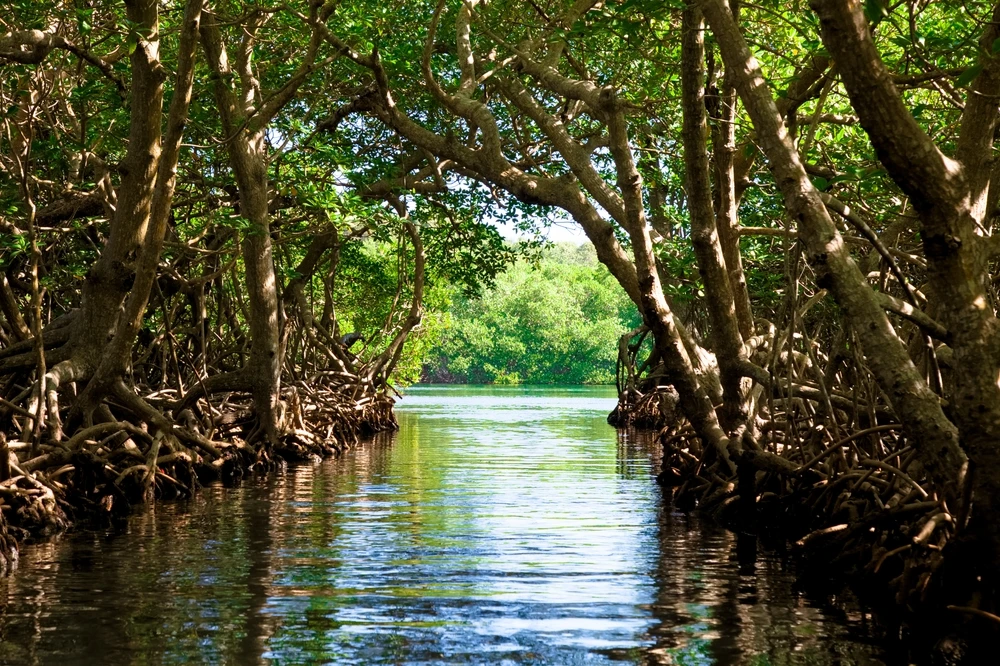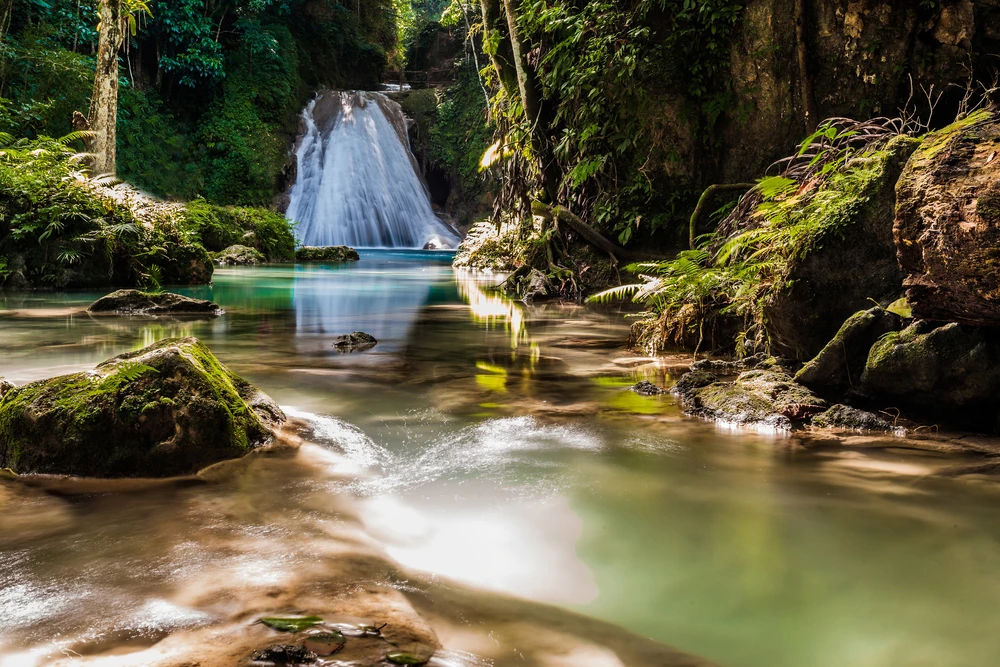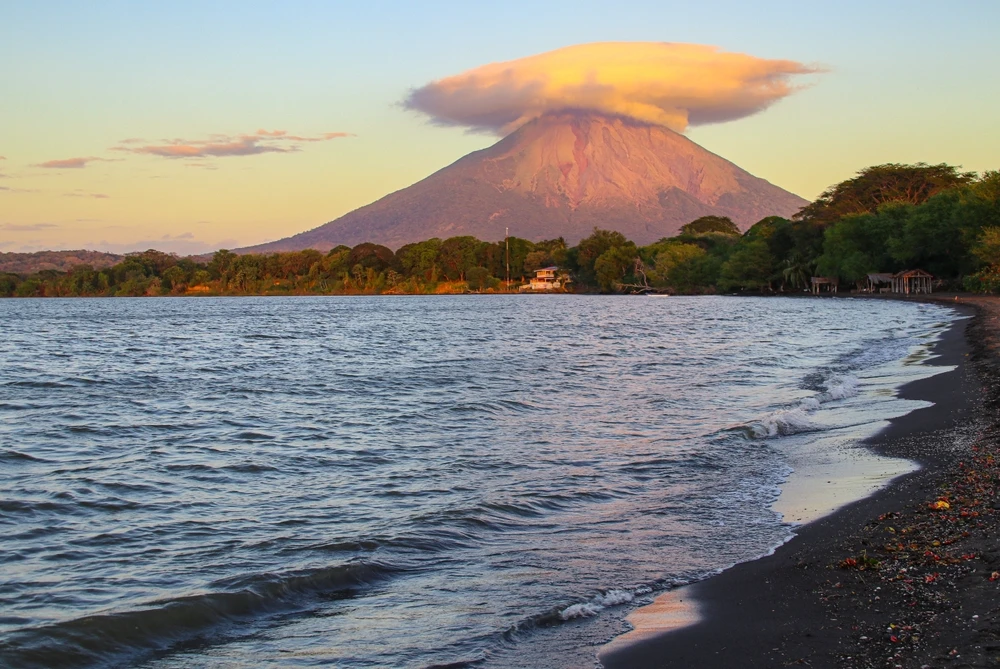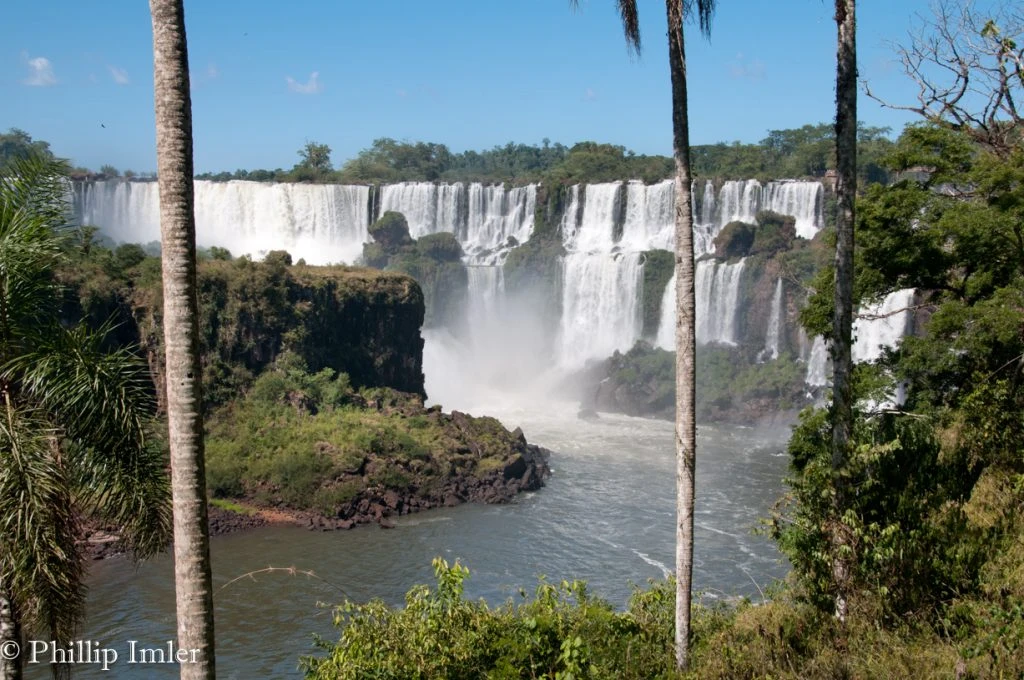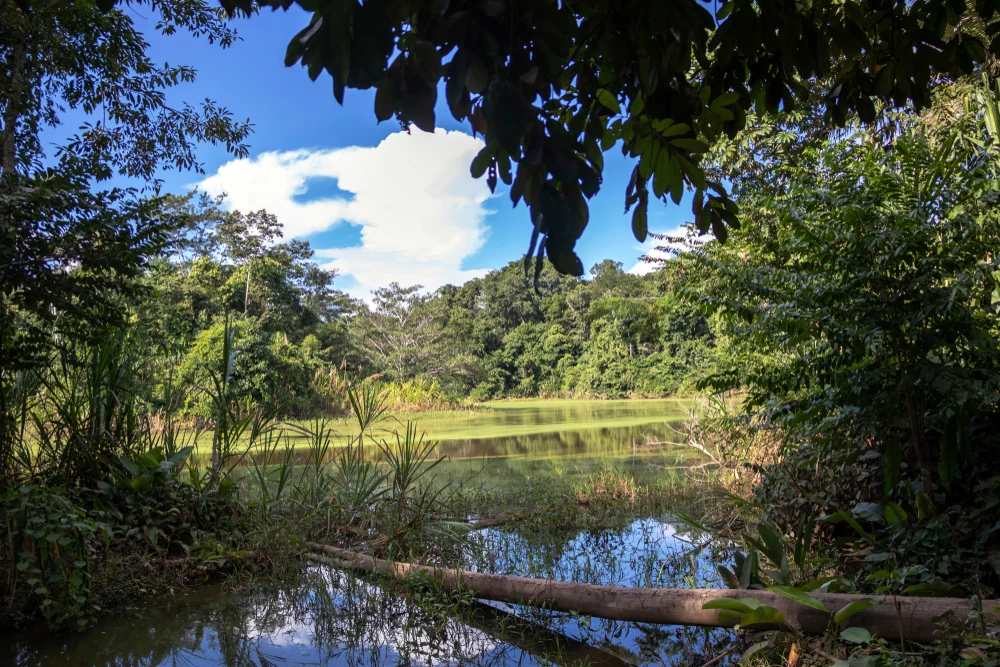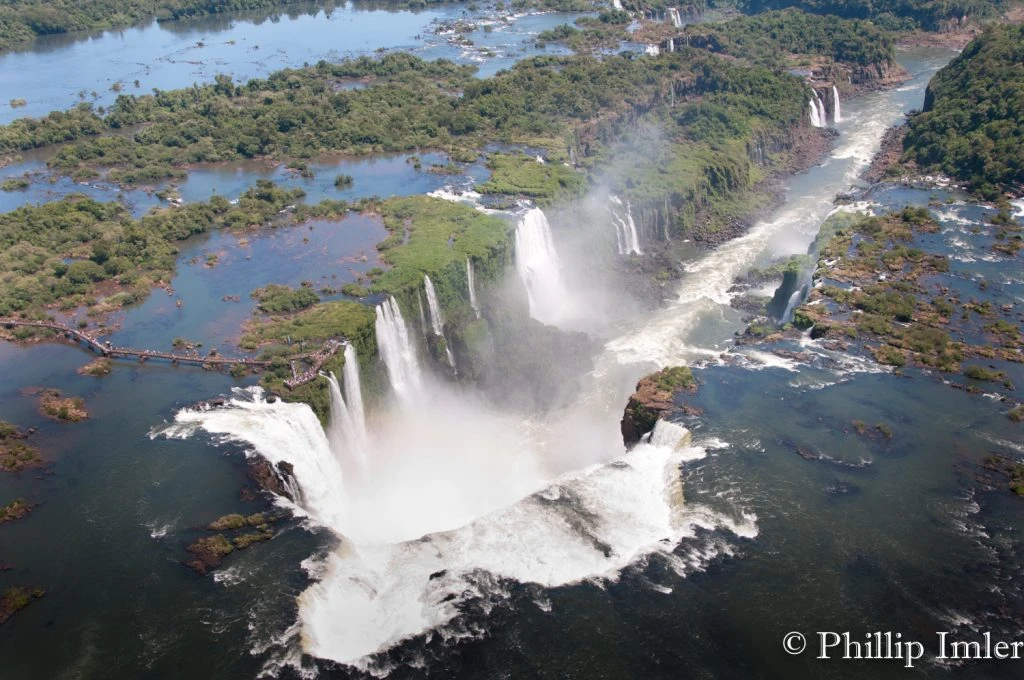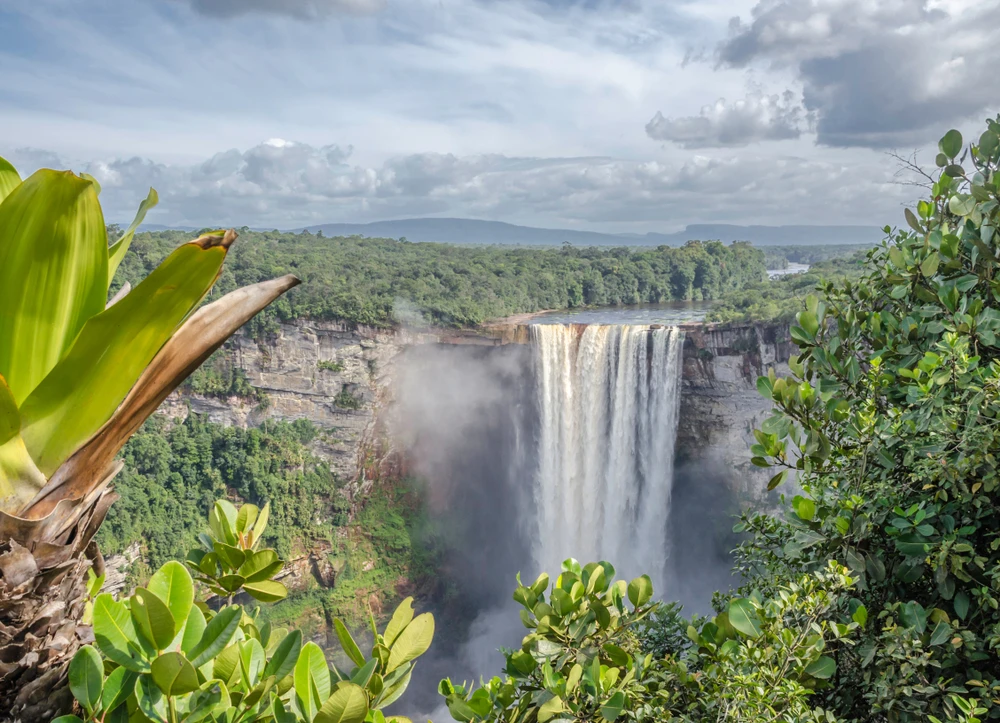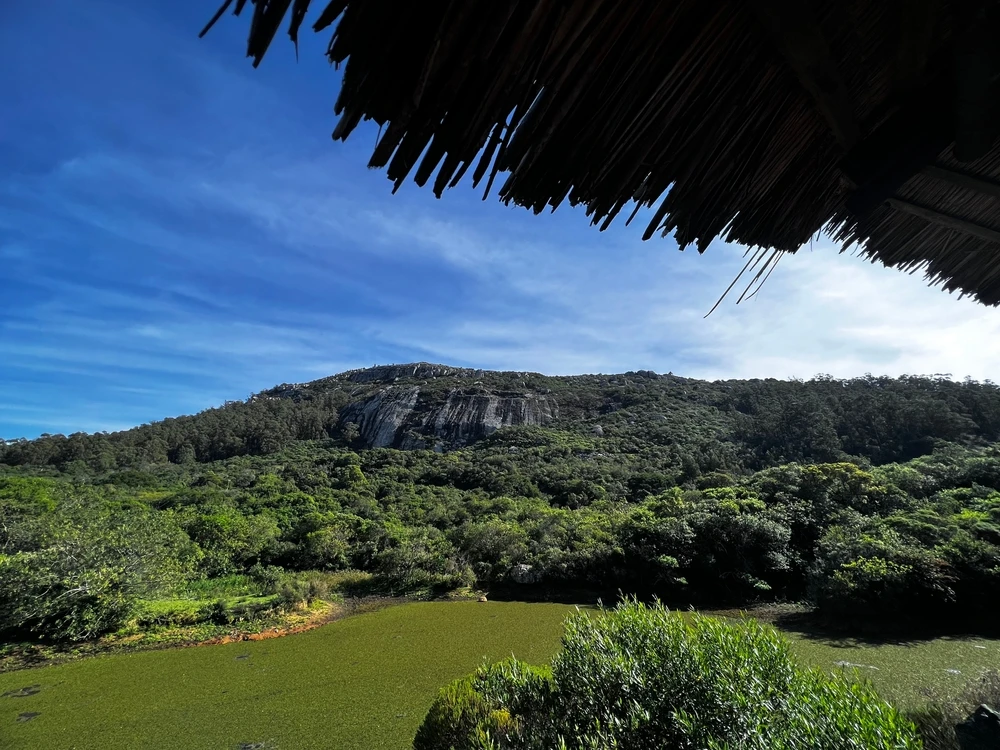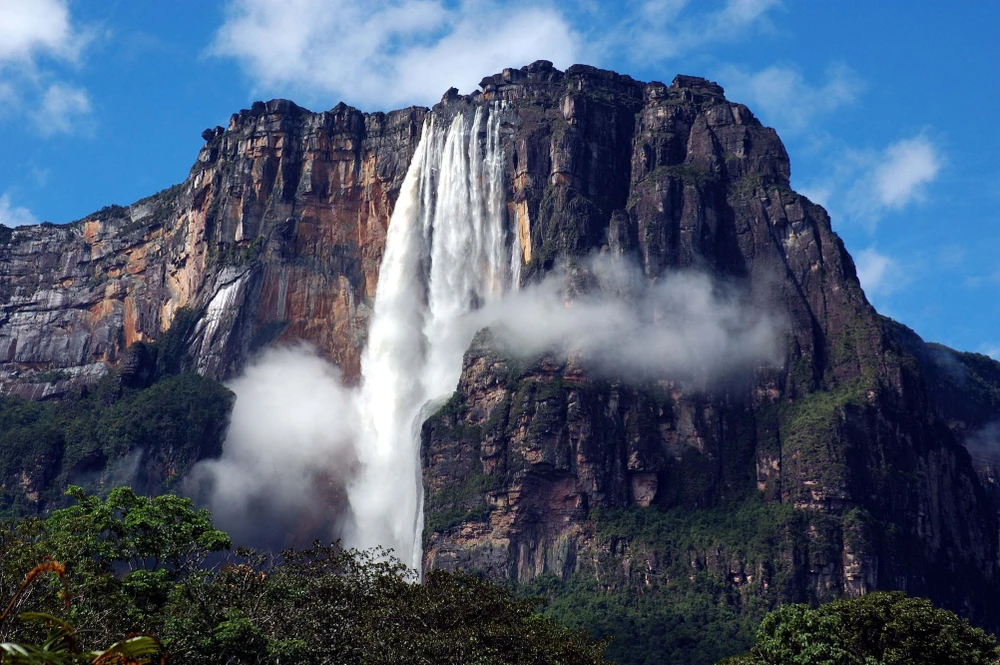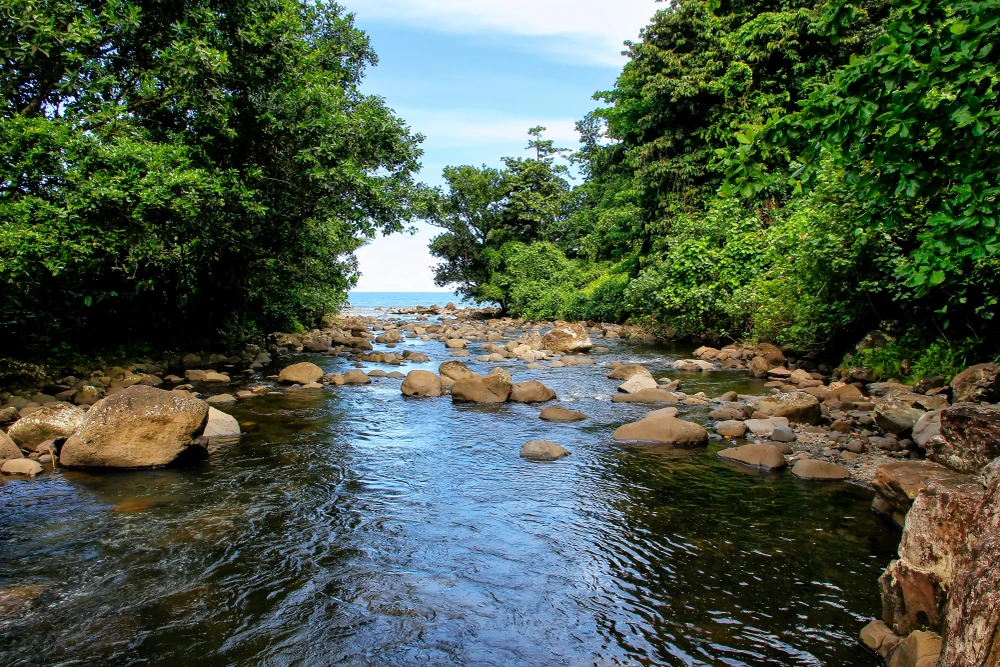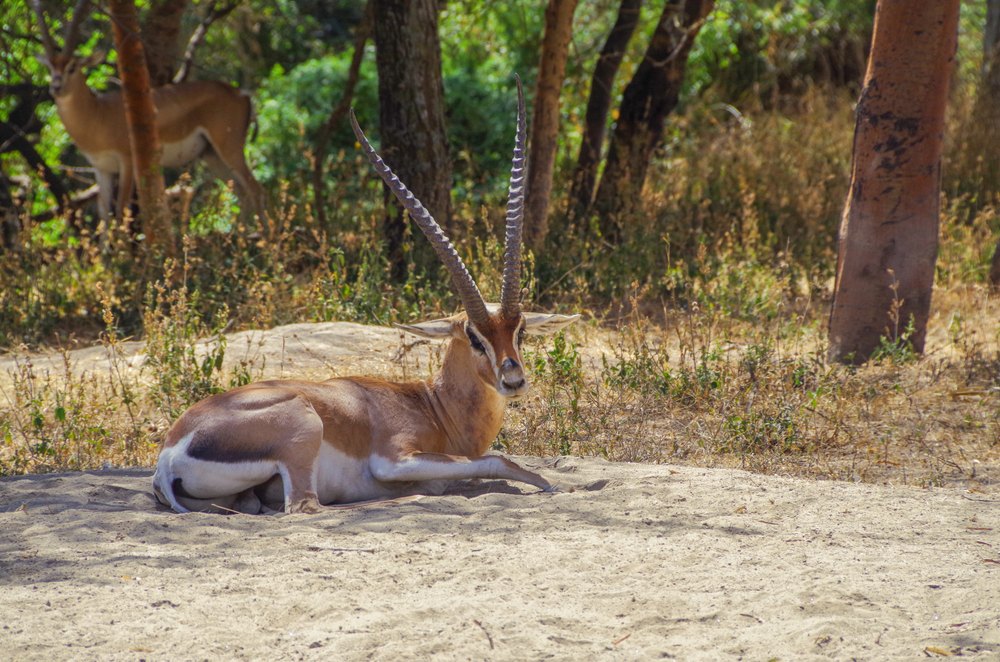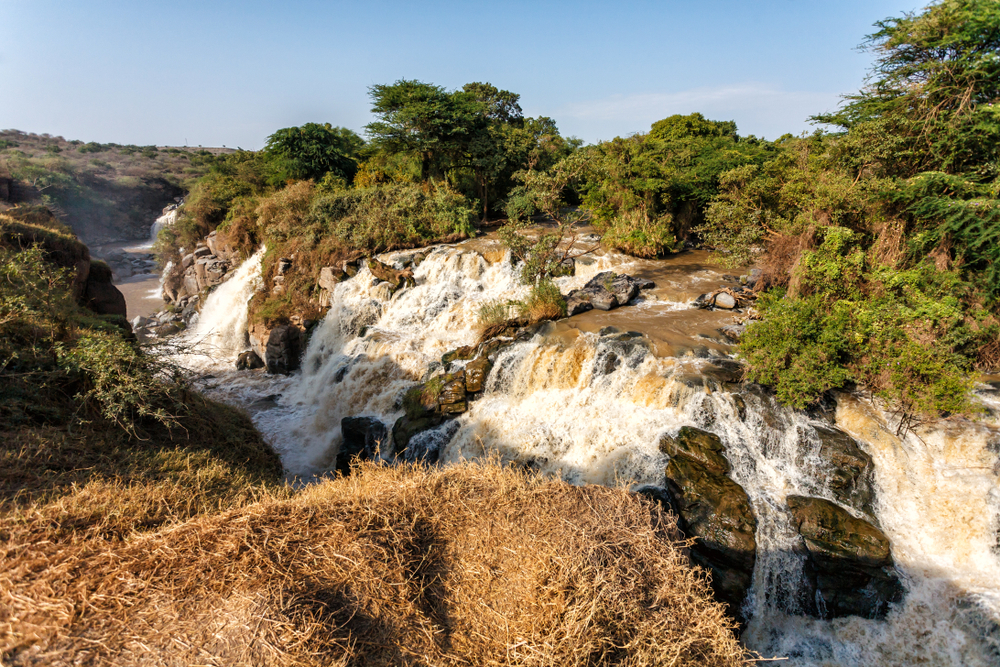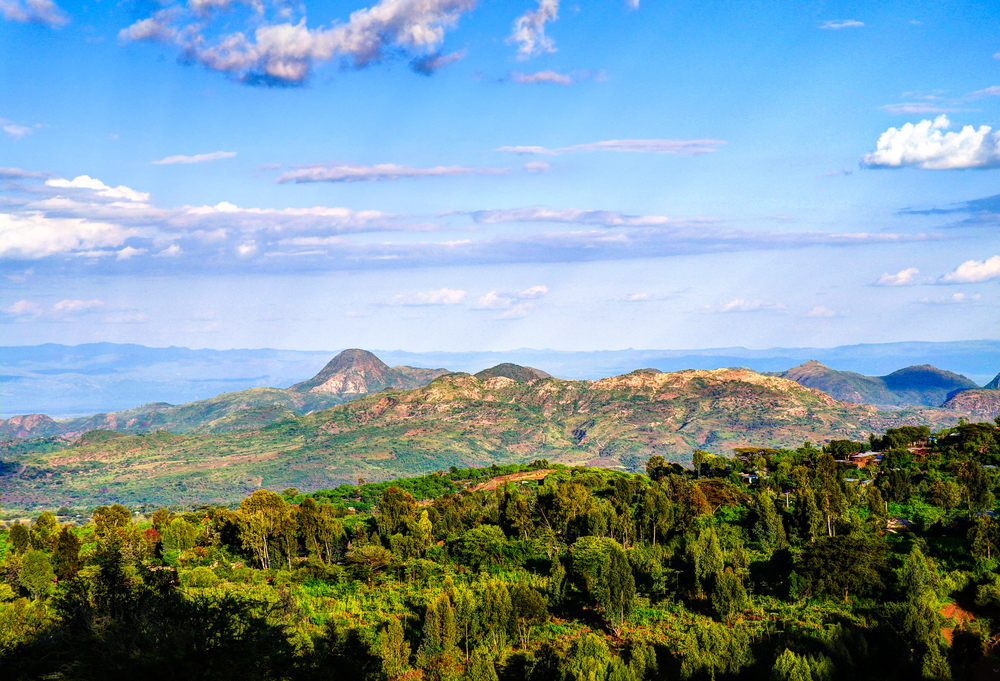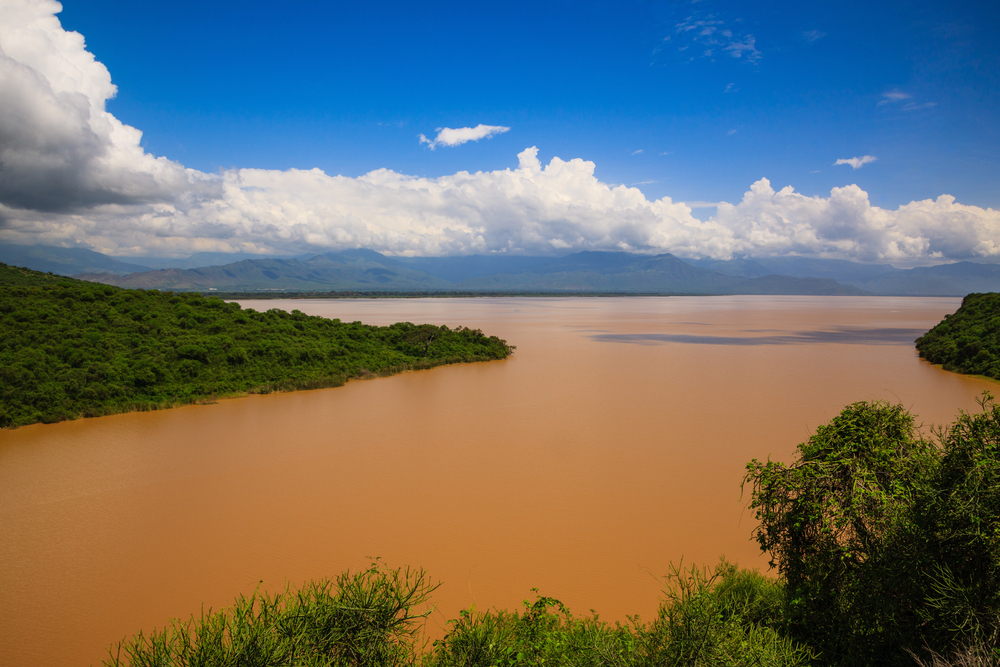Abijatta-Shalla Overview
Abijatta-Shalla National Park, locally known as “Abijatta-Shalla Lakes National Park”, is located in the Rift Valley region of Ethiopia, approximately 200 kilometers south of Addis Ababa. Established in 1974, the park spans around 887 square kilometers (342 square miles) and is named after its two prominent alkaline lakes, Lake Abijatta and Lake Shalla. This unique park is renowned for its striking landscapes, diverse birdlife, and its ecological significance within Ethiopia’s Rift Valley.
The terrain of Abijatta-Shalla National Park is characterized by vast grasslands, acacia woodlands, volcanic hills, and the breathtaking lakes that form its centerpiece. Lake Shalla is the deeper of the two and occupies a massive crater, while Lake Abijatta is shallower and known for its wide, open water surface. The contrasting features of these lakes create a visually stunning environment. Hot springs bubble near Lake Shalla, adding geothermal intrigue to the area. The vegetation includes acacia trees, shrubs, and grasslands, with the flora adapted to the arid conditions of the region.
Abijatta-Shalla National Park is a birdwatcher’s paradise, hosting over 400 bird species. Flocks of flamingos, pelicans, and cormorants can often be seen feeding in the alkaline waters of the lakes, creating a spectacular sight. The park also supports other wildlife, including warthogs, olive baboons, and jackals, though large mammals are less common due to past human activity. The diversity of habitats supports a variety of reptiles and amphibians, particularly in the wetland areas.
Visitors to the park can explore its natural beauty through guided tours and birdwatching excursions. The flamingos on Lake Abijatta and the dramatic volcanic crater of Lake Shalla are highlights. Walking trails allow visitors to explore the park’s grasslands and woodlands, while the hot springs near Lake Shalla offer a unique geothermal experience. Engaging with local communities around the park provides insights into traditional lifestyles and their relationship with the environment.
Despite its ecological importance, Abijatta-Shalla National Park faces significant conservation challenges. Overgrazing, deforestation, and illegal fishing have degraded parts of the park, threatening its ecosystems. The increasing demand for resources by surrounding communities has intensified pressure on the park’s natural assets. Efforts by the Ethiopian government and conservation organizations focus on habitat restoration, environmental education, and creating sustainable livelihoods for local populations. These initiatives aim to balance the protection of the park’s biodiversity with the socio-economic needs of nearby communities.
Abijatta-Shalla National Park is a remarkable area of natural beauty and ecological significance in Ethiopia’s Rift Valley. Its striking landscapes, abundant birdlife, and unique geological features make it a vital conservation area and a fascinating destination for visitors. Protecting this park ensures the preservation of its fragile ecosystems and contributes to Ethiopia’s broader efforts in environmental sustainability.



